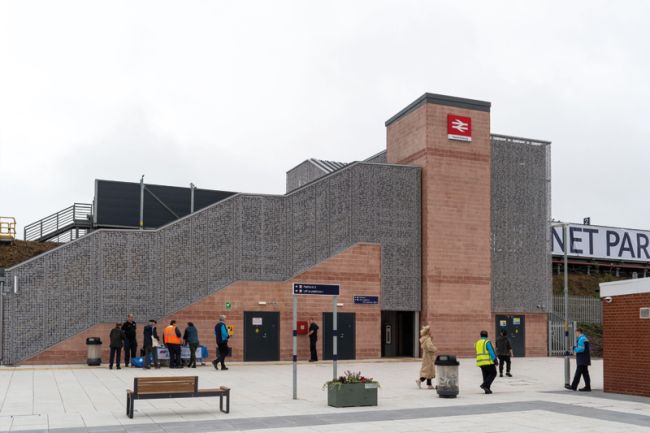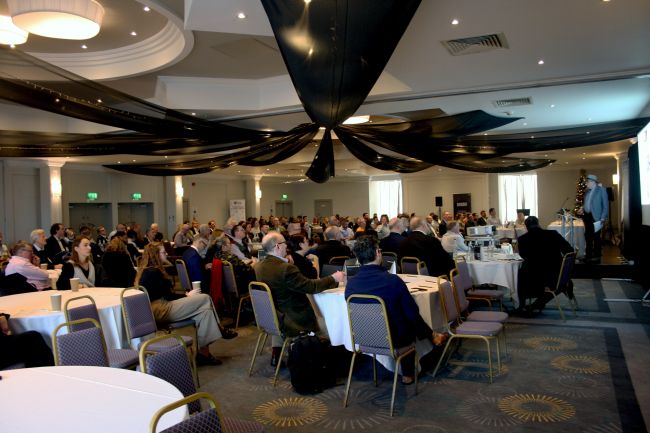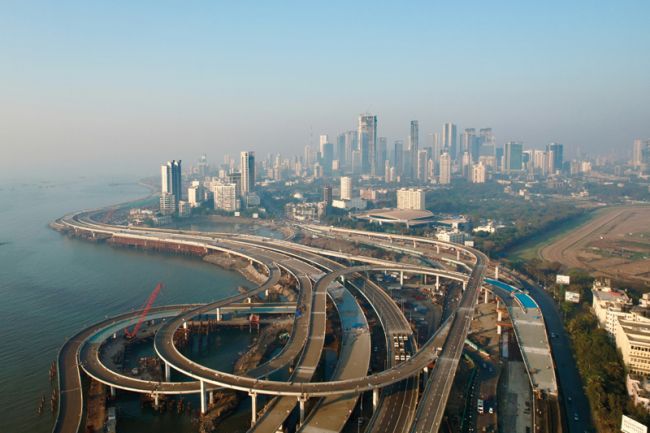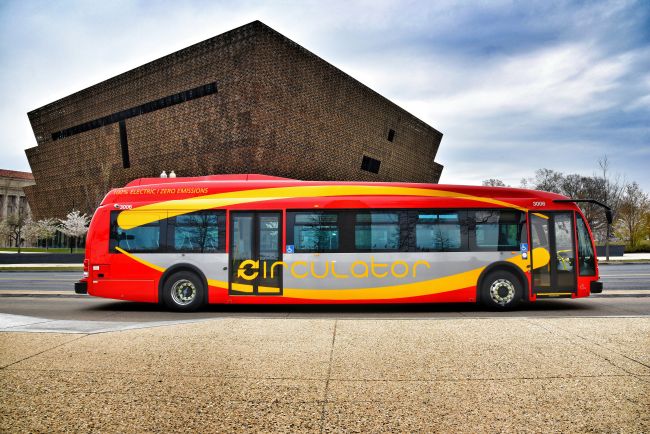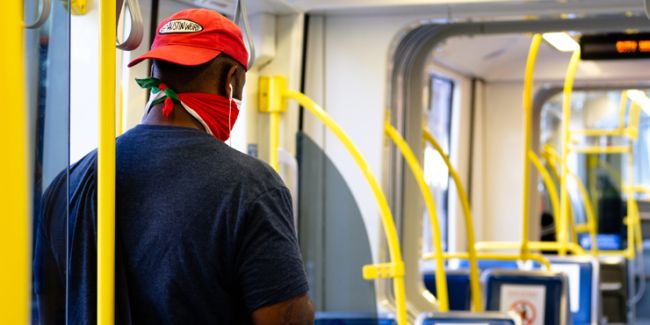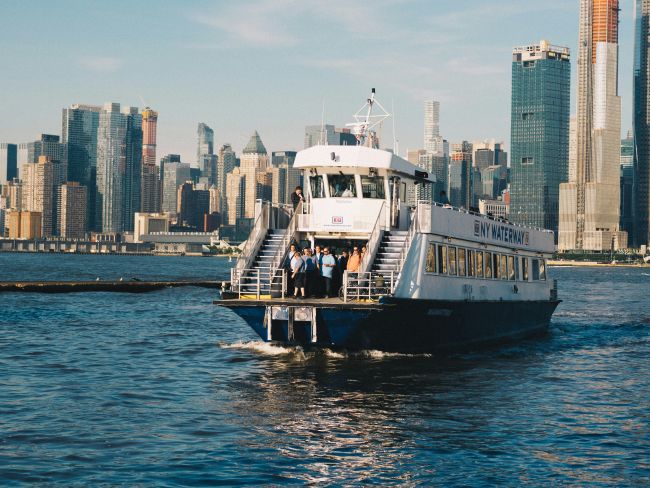Travel plans - why bother?
Why should stakeholders invest both effort and money in travel plans?

Developers, occupiers, officers and Elected Members all have an important role to play to ensure that new developments encourage active, healthy and sustainable travel. However, one of the recurring issues we hear through our travel plan work is the challenge of persuading some stakeholders (including both local authorities and developers) why they should invest both effort and money in travel plans.
We have been working with a number of local authorities to help raise the profile of development-related travel planning and to increase councils’ commitment towards securing travel plans. This has included highlighting the benefits of travel plans to Senior Officers and Elected Members.
The benefits to Senior Officers and Elected Members are wide-ranging; travel plans can:
- Help a local authority achieve its wider local policy objectives – by actively pursuing travel plans through the planning process, councils can deliver on their commitment to sustainability and healthy activity objectives.
- Open up a dialogue between the community and local government which is critical to local decision making. Travel plans can engender good relations and facilitate opportunities for occupiers to participate in local forums.
- Provide real behaviour change impacts in local communities – data shows that travel plans lead to greater levels of environmentally friendly travel, which local authorities can use to demonstrate their real desire to make a positive impact.
- Contribute to vibrant local economies by encouraging people to walk or cycle to local services and facilities, which can also open up local recruitment opportunities.
- If effectively monitored, provide valuable information on other transport policies and practices such as whether local parking standards are achieving desired travel behaviours in reducing pollution and congestion.
- Lead to efficiencies in the planning process if the process for securing development-related travel plans is transparent and robust. In turn, this should decrease officer time spent negotiating the content of travel plans. By clearly stating their approach to development-related travel planning, the local authority is also demonstrating to the local community a commitment to transparency in governance.
- Alleviate congestion problems by actively transferring people from one transport mode to another and giving them better choice of mode.
- Attract more environmentally-friendly developments – local authorities who actively advocate travel plans position themselves as environmental leaders and can be more attractive to prospective developers.
Travel plans can also bring a number of benefits to developers. They can:
- Reduce development costs – if demand for car travel is reduced, fewer car parking spaces are required and land that might otherwise be needed for parking can be put to more effective and valuable use.
- Increase marketability of the development – by improving the accessibility of the site and making the development a desirable place in which to live, work and/or play.
- Help to smooth the planning process and foster good relationships with local authorities.
- Increase the value of the property and /or enable higher service charges to be made as a result of provision of increased services such as pool cycles, car clubs etc.
- Improve community perception of the development – the developer may be seen as a “good neighbour” if they are able to offer improvements to public transport and road safety, and contribute towards reductions in local parking problems and congestion.
- Assist in achieving mode share targets thereby minimising expenditure on physical measures that a planning authority can require.
- Help reduce the carbon footprint of new development, enhance an organisation’s corporate environmental image and contribute to ISO1400 Environmental Management Standards.
Travel plans secured through the planning process provide a means of achieving sustainable travel patterns, in turn helping to ensure the long-term sustainability of a development. Guidance on development-related travel planning produced by both the Department for Transport (April 2009) and Transport for London (March 2009) has provided recent support around this area. Implementing the Guidance has been a challenge for many authorities, and we have been helping them to overcome these barriers in a number of ways, for example, through provision of advice, delivering training and drafting policy documents.
For more information contact Jon Foley or Lynn Morgan t +44 (0) 20 7910 5000 e [email protected]

